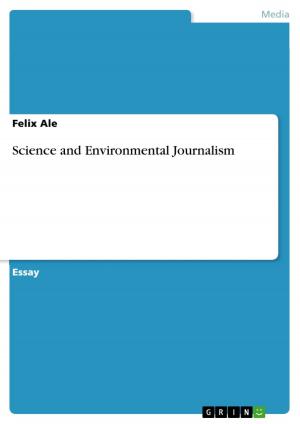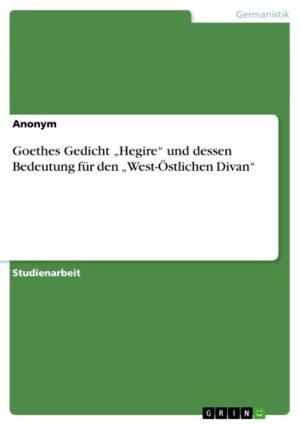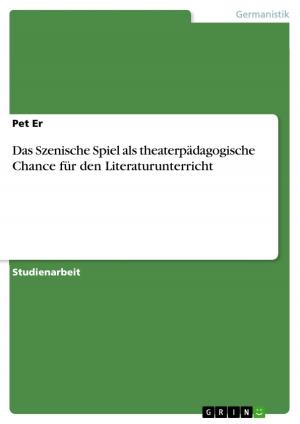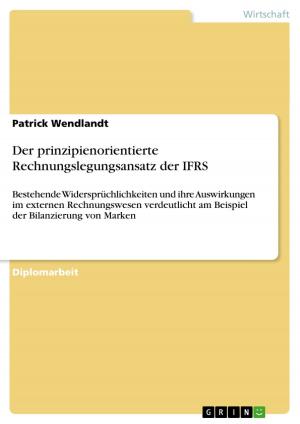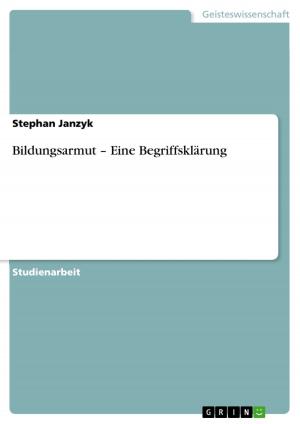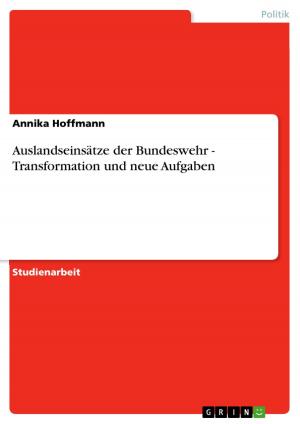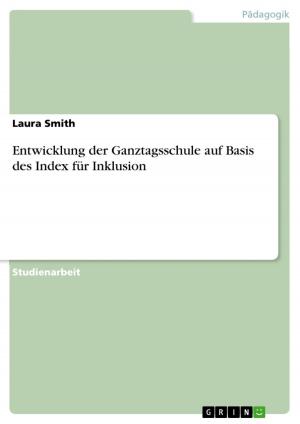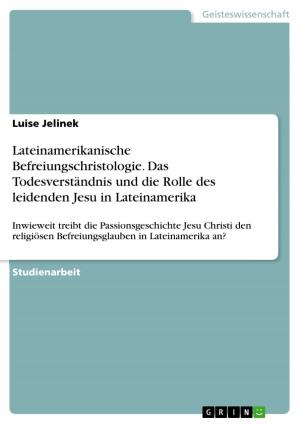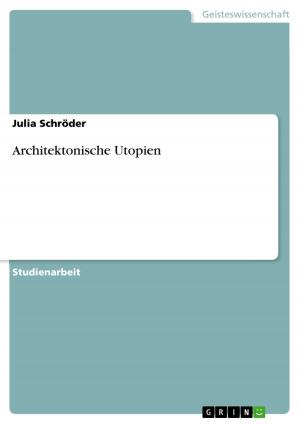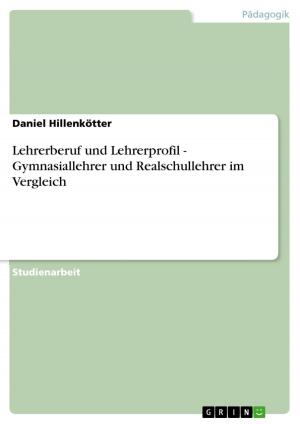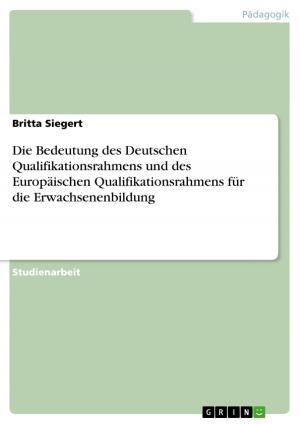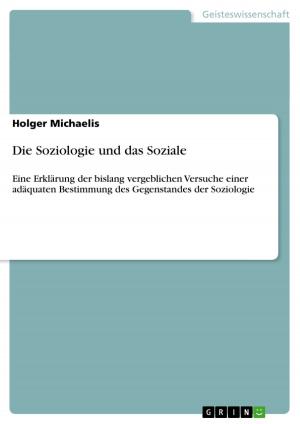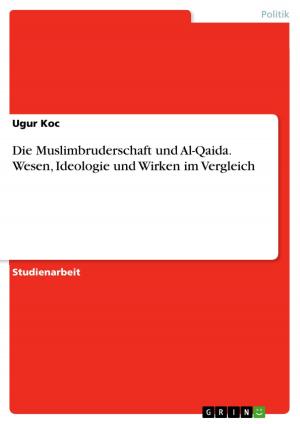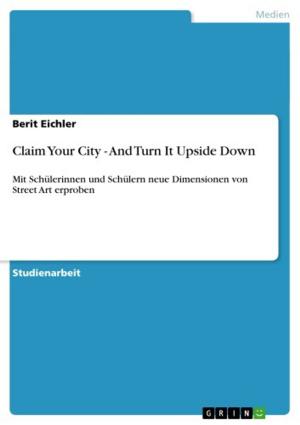Characteristics of the Investment Market for Sustainable Property Investments
Business & Finance, Finance & Investing, Finance| Author: | Michail Farmakis | ISBN: | 9783656280170 |
| Publisher: | GRIN Verlag | Publication: | September 27, 2012 |
| Imprint: | GRIN Verlag | Language: | English |
| Author: | Michail Farmakis |
| ISBN: | 9783656280170 |
| Publisher: | GRIN Verlag |
| Publication: | September 27, 2012 |
| Imprint: | GRIN Verlag |
| Language: | English |
Master's Thesis from the year 2012 in the subject Business economics - Investment and Finance, grade: 1,2, EBS European Business School gGmbH (Real Estate Management Institute), language: English, abstract: The penetration of sustainable buildings into the market is a trend of great interest. Some regions see imbalances between the demand for sustainable space and the supply from the real estate market. However, some other markets balance supply and demand well. Especially in Europe, the supply of sustainable property investments is lagging behind demand and needs further attention. Nevertheless, real estate professionals in Europe are slowly becoming aware of the possibilities of this trend. A major contribution to this development is the growing number of certificated buildings across Europe, raising the visibility of sustainability Sustainable Property Investments 2 issues. Many discussions have taken place on the sense and nonsense of sustainability certificates. In spite of this, the number of certified buildings continues to increase and certification systems are continually improved. The Deutsche Bank Towers, for example, are both accredited with two certificates: the LEED and the DGNB certificate. An increasing number of owners and developers choose certificates as an assessment method or benchmark for their building. Sustainability certificates are a testimony to improved building technologies, which are usually difficult to observe. This enhances the transparency of a building's sustainable features and may therefore lead to increased investments. However, the number of certifications has been slow to pick up in Europe. In response to this situation this work aims to give a detailed analysis of the characteristics of sustainable property investments. Because of the interconnectedness of socially responsible investments and sustainable property investments, this work outlines both, in order to keep in focus the various actors, historical developments, and strategies. Moreover, this work is an exploration of possible drivers for and impediments to the diffusion of sustainable buildings. This work aims to answer the questions of what forces drive the supply and demand of sustainable property investments and to what extent. These questions are analyzed with a particularly European focus, as the current state and development in Europe differs from that of other regions.
Master's Thesis from the year 2012 in the subject Business economics - Investment and Finance, grade: 1,2, EBS European Business School gGmbH (Real Estate Management Institute), language: English, abstract: The penetration of sustainable buildings into the market is a trend of great interest. Some regions see imbalances between the demand for sustainable space and the supply from the real estate market. However, some other markets balance supply and demand well. Especially in Europe, the supply of sustainable property investments is lagging behind demand and needs further attention. Nevertheless, real estate professionals in Europe are slowly becoming aware of the possibilities of this trend. A major contribution to this development is the growing number of certificated buildings across Europe, raising the visibility of sustainability Sustainable Property Investments 2 issues. Many discussions have taken place on the sense and nonsense of sustainability certificates. In spite of this, the number of certified buildings continues to increase and certification systems are continually improved. The Deutsche Bank Towers, for example, are both accredited with two certificates: the LEED and the DGNB certificate. An increasing number of owners and developers choose certificates as an assessment method or benchmark for their building. Sustainability certificates are a testimony to improved building technologies, which are usually difficult to observe. This enhances the transparency of a building's sustainable features and may therefore lead to increased investments. However, the number of certifications has been slow to pick up in Europe. In response to this situation this work aims to give a detailed analysis of the characteristics of sustainable property investments. Because of the interconnectedness of socially responsible investments and sustainable property investments, this work outlines both, in order to keep in focus the various actors, historical developments, and strategies. Moreover, this work is an exploration of possible drivers for and impediments to the diffusion of sustainable buildings. This work aims to answer the questions of what forces drive the supply and demand of sustainable property investments and to what extent. These questions are analyzed with a particularly European focus, as the current state and development in Europe differs from that of other regions.

